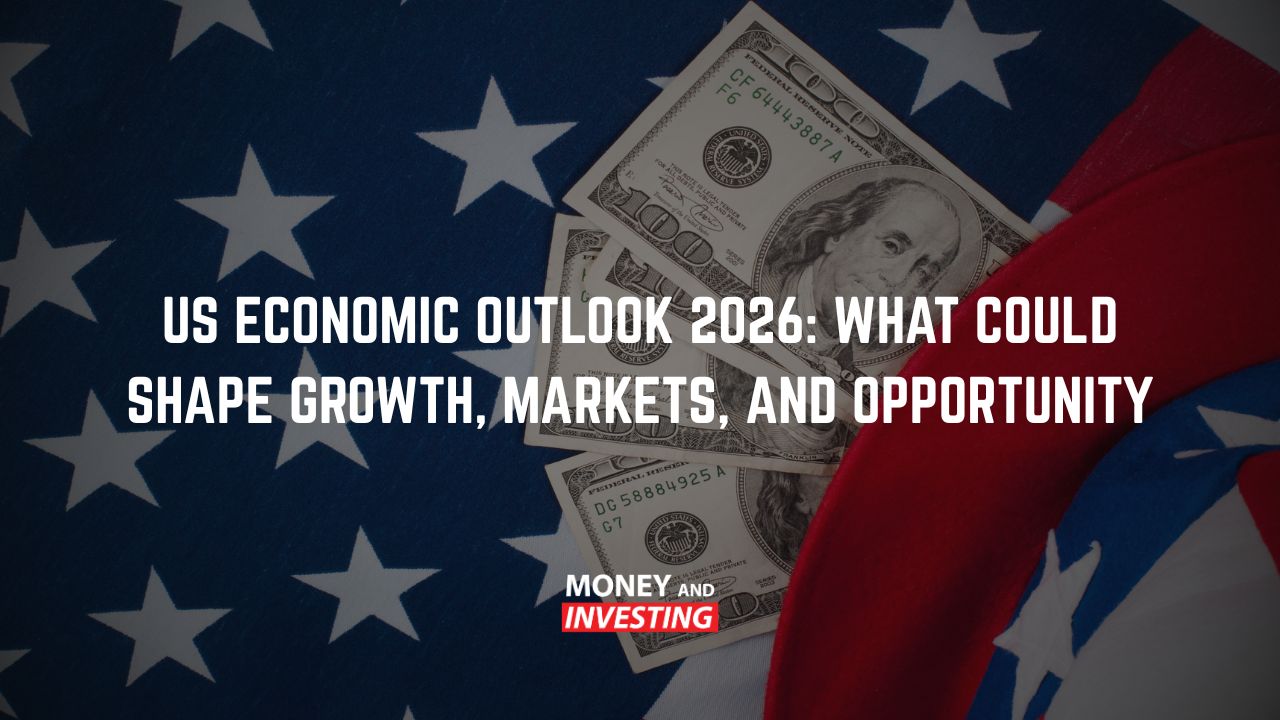As an investor, dealing with market volatility is a natural occurrence, however, how you respond to volatility may determine your success. For every decision made, there is a deeper element which is the decision making psychology and not just the data provided or the trends.
Every trader has a strong skill set; however, a successful trader is not only skilled with strategy but also emotionally disciplined.
The Role of Emotions in Trading.
During significant market movements, emotions such as fear and greed can take over logic. This results in market panic, trend chasing or even inaction when it comes to taking effective action. Trading psychology is the basis of noise and when they intercede a certain situation, logic becomes compromised, making the following a plan and making choices very hard.
Succeeding traders fully understand the intricacies of trading psychology which makes consistency highly unlikely. No process that is devoid of an emotional element would provide a better outcome in the case of strategy-based choices and systems.
Why Attempting To Time the Market is a Market Myth.
Having the ability to time the market perfectly places an investor at an automatic disadvantage. Attempting to buy at the lowest and sell at the highest price seems reasonable but in reality, most people do the opposite.
Missing even a few primary recovery days in the market can sharply decrease an investor’s return for the year. Studies indicate an investor losing 5 best days in a year can decrease his potential gains by 70%.
An Investment’s Emotional Discipline
Disciplined traders have structured approaches that restrict emotional decision-making, including:
- Setting advance limit orders
- Defining objective technical entry and exit points
- Conducting regular self-reviews of trades to improve based on the results
These steps allow disciplined investors to treat the markets without having their sentiments interfere with their strategies.
Common Psychological Traps
Familiarising yourself with some of these trading psychology traps can greatly enhance your decision-making process.
- Overconfidence: Mistakenly thinking you have superior insight of the market’s workings could lead to you taking dangerous trades.
- Underconfidence: A string of losses may lead you to inactivity even when the circumstances are highly favorable.
- Confirmation Bias: Seeking information exclusively that corroborates one’s opinion.
- Negativity Bias: A prior loss could compromise the ability to think rationally and consequently skew one’s projections.
- Herd Mentality: Emulating others for no clear reason.
Obtainable Objectives
- Stick to a planning rule: Establish specific conditions that trigger a buy or a sell and define when to switch trades.
- Make Use of Technical Analysis: Focus on volume, price signals, and chart patterns rather than news headlines.
- Engage In Radical Open-Mindedness: Weigh both the upsides and downsides of each decision before going forward.
- Recognise Blind Spots: Acknowledge your own biases and the emotions that may cloud your judgment.
- Keep A Journal: Record your trades, detailing the decisions and the emotions you experienced at that time.
Risk Management Can Be Best Implemented Before You Are In Dire Need Of It
Preemptive strategies such as option and stop-loss orders are more effective when implemented during a bull market, rather than waiting for a bear market. An example would be using a dividend payout to purchase a put option, subsequently locking in profits while reducing the risk exposure.
Benefits Of Planning Forward
Any decision made ahead of time is usually crafted with a rational thought process. For example, setting predefined buy and sell levels makes it much easier to remove the emotional element from executing a trade. Also, pre-defined entry levels can be achieved with limit orders that reduce exposure to market volatility, eliminating distraction.
Having precise profit objectives along with well-defined exit rules also eliminates the unproductive urge of trying to maximise gains.
Final Thoughts: Being Better at Being In
Courage is required to step into the market and staying in the market requires discipline. Success comes from being better at being in the market, which means:
- Developing and implementing a strategy
- Eliminating emotion from every decision
- Keeping a long-term timeframe in focus
- Accepting short-term losses as a part of the process
- Ensuring market movement.
How you respond is entirely within your control. With the correct attitude, you can improve your reactions and increase your ability to make measured decisions, putting yourself in a position for long-term success.
Trading goes beyond simply making money. It is about controlling your behaviour in the presence of money. The true challenge is not trying to figure out which direction the market will go next. The challenge is controlling yourself.



